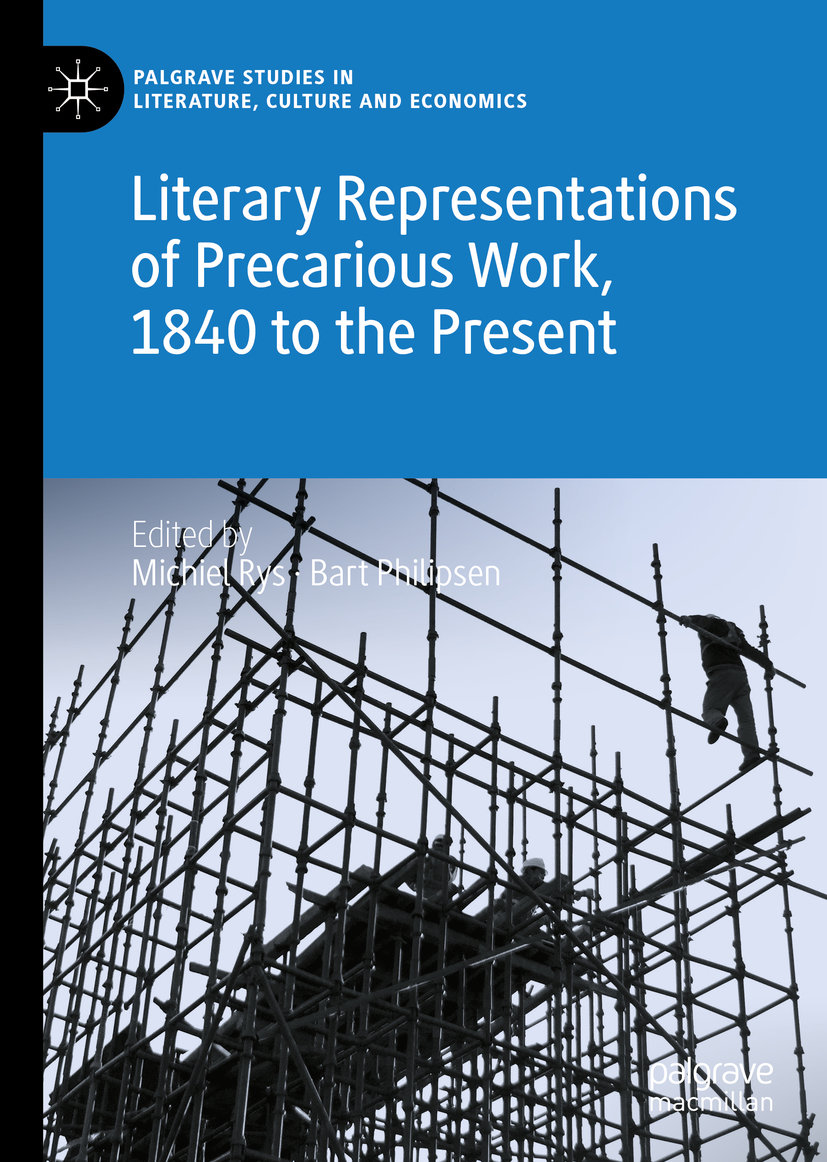Literary Representations of Precarious Work, 1840 to the Present sheds new light on literary representations of precarious labor from 1840 until the present. With contributions by experts in American, British, French, German and Swedish culture, this book examines how literature has shaped the understanding of socio-economic precarity, a concept that is mostly used to describe living and working conditions in our contemporary neoliberal and platform economy. This volume shows that authors tried to develop new poetic tools and literary techniques to translate the experience of social regression and insecurity to readers. While some authors critically engage with normative models of work by zooming in on the physical and affective backlash of being a precarious worker, others even find inspiration in their own situations as writers trying to survive. Furthermore, this volume shows that precarity is not an exclusively contemporary phenomenon and that literature has always been acentral medium to (critically) register forms of social insecurity. By retrieving parts of that archive, this volume paves the way to a historically nuanced view on contemporary regimes of precarious work.


